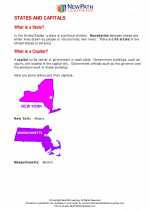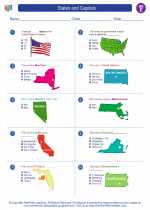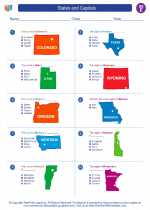Voting
Voting is a fundamental right and responsibility in a democratic society. It is the process by which individuals express their preferences for the outcome of a particular issue or decision. In the context of government, voting typically refers to the act of casting a ballot to select a candidate for public office or to decide on a particular policy or law.
Types of Voting
There are several types of voting, including:
- General Elections: These are regular elections held to choose public officials, such as the President, members of Congress, governors, and other elected representatives.
- Primary Elections: These are elections held within each political party to select the party's candidates for the general election.
- Referendums and Initiatives: These are direct votes by the public on specific policy proposals or laws.
- Local Elections: These include elections for local government positions, such as mayors, city council members, and school board members.
Why Voting is Important
Voting is important for several reasons:
- Representation: It allows citizens to have a say in who represents them in government and the policies that are enacted.
- Accountability: It holds elected officials accountable for their actions and decisions.
- Equality: It gives all citizens an equal voice in the democratic process, regardless of their background or status.
- Change: It provides a peaceful and democratic means of bringing about change in society.
How to Prepare for Voting
Before heading to the polls, it's important to be prepared. Here are some steps to take:
- Register to Vote: Ensure that you are registered to vote in your state or country.
- Research the Candidates and Issues: Learn about the candidates running for office and where they stand on important issues.
- Understand the Voting Process: Know where your polling place is located and what identification or documents you need to bring with you.
- Make a Plan to Vote: Decide when and how you will cast your ballot, whether in person on election day or through early or absentee voting.
Conclusion
Voting is a cornerstone of democracy and a crucial way for individuals to participate in the governance of their communities and countries. By understanding the types of voting, its importance, and how to prepare for it, citizens can make informed decisions and contribute to the functioning of a healthy democratic society.
.◂Social Studies Worksheets and Study Guides Fifth Grade. States and Capitals

 Worksheet/Answer key
Worksheet/Answer key
 Worksheet/Answer key
Worksheet/Answer key
 Worksheet/Answer key
Worksheet/Answer key
